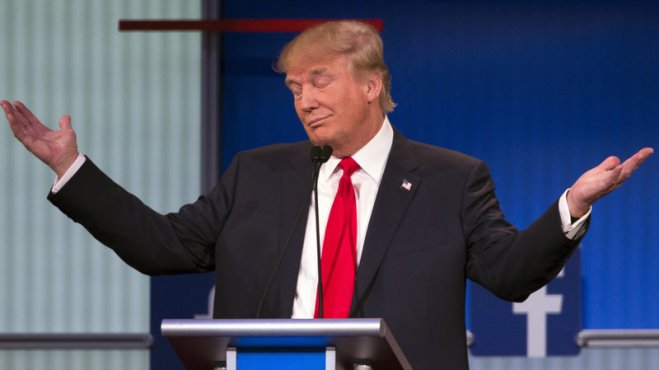Rights body urges U.S to reconsider S. Sudan sanctions
September 7, 2017 ( KAMPALA) – The International Youth for Africa (IYA), a non-governmental entity, has called on the United States government to reconsider the recent sanctions it imposed on South Sudanese officials as a mechanism to end the conflict in the East African nation.

“Sanctions on individuals will create less impact in South Sudan. If it is individuals’ sanctions, let the US government consider sanctioning the East African countries because South Sudanese generals and officials have assistance to provide to their nations,” said Gatwech.
The US administration has imposed sanctions on two senior members of South Sudan government, including the former army chief of staff.
The sanctions, the US Treasury Department said, involves freezing all assets belonging to those South Sudanese officials implicated.
Gatwech, however, said the sanctions imposed will never improve the conflict situation in the war-torn nation, where tens thousands of people have been killed and over two million displaced from homes.
In July 2015, the UN Security Council imposed sanctions on six South Sudanese generals accused of fuelling conflict in the world’s youngest nation. The generals, three from each side of the conflict, were meant to face global travel bans and asset freezes.
In November 2016, the United States demanded the United Nations Security Council to impose sanctions on the then SPLA chief of staff Paul Malong and Information Minister Michael Makuei Lueth for hampering the peace process in South Sudan. The former First Vice President and SPLM-IO leader Riek Machar was also on the proposed list.
South Sudan’s civil war, now in its four-year, has killed tens of thousands of people and displaced more than two million people.
(ST)
